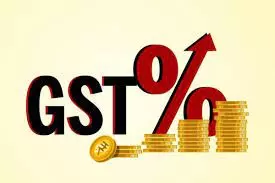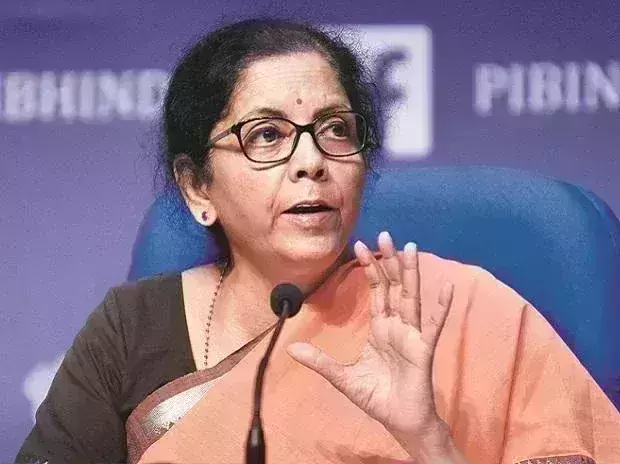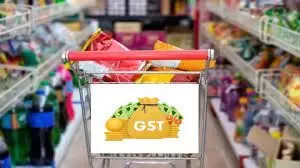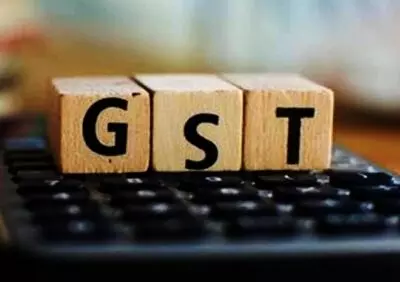
Caught between tax extortion and inflation
text_fieldsThe Goods and Services Tax (GST) system was rolled out five years ago by the Narendra Modi government with the catchy slogan of 'One Country, One Tax'. But now the whole country has come to realise that it is not only a failure but also a big trap. On the one hand, the Union government is still vowed to impose unscientific decisions on the people even when there are uncertainties related to the implementation of GST. When the 47th GST Council meeting held over two days ended in Chandigarh, the state governments and the people were still in the dark. The tax slabs have been changed without any scruples and some food items have been brought within the GST net. In a preliminary review of the shuffling of the slab itself, it is certain that there will be a substantial price increase, including of essential items. Other implications can be known only in due course. The meeting also gave an indication that the states including Kerala will not get the GST compensation that they should have duly received. This action, which will put the economy of the states under further stress, will give the country and the people a hard time of penury.
The tax on items like ink, printing ink, pump sets, egg and fruit separators, dairy machinery, cleaning machines and LED lights has been increased from 12 percent to 18 percent. GST has been increased more than three times on farm implements, including seed separators, which were taxed at five percent. The tax on leather products has been increased by seven percent. These are just a few of the items affected by the slab change. In addition to this, from now on GST will be levied on storage and collection of commodities like copra, spices and cashew nuts. Meat, fish, paneer, buttermilk, curd, wheat flour, honey and pappadam have also been included in GST with five percent tax. The Modi government has paved the way for severe price rise when it unilaterally bypassed the opposition of non-BJP-ruled 'opposition states'. A quick glance would tell clearly that the price of essential items and study materials including atlases and notebooks will shoot up sharply. At the same time, even amidst the slab change, the Centre has taken care to protect the interest of big corporates. The ruling party is projecting the reduction in tax for freight movement by six per cent as the biggest benefit of the new reform. But it is as yet unclear if this tax cut will benefit the consumers. Normally, instead of achieving reduction in end prices of good and service, they result in middlemen, capitalists and corporates pocketing the benefit of reductions.
This is only the latest example of Modi government's economic fascism. Beyond the structural flaws, the political agenda behind GST has already been evident. The central government uses the weapon of GST to take punitive measures that amount to economic sanctions on states politically opposed to it. Often the 'Opposition States' have to plead with extended hands before the Centre even for day-to-day expenses. In fact, the very regime of GST was implemented by usurping the states' right of determining taxes. While 44 percent of states' tax revenue goes to GST, only 28 percent of central revenue is merged into it – an obviously losing deal for the states. Not only that, the views of states are often not taken at face value while fixing tax rates. It was when this became a major issue that the Supreme Court intervened in the matter last May. The summary of the judgment was that the Centre and the states have equal roles in determining taxes. However, while fixing new tax slabs, the Centre has now completely rejected the spirit of the judgment of the apex court. Naturally, this will serve only to put the people of the country, who are already reeling under economic stress, in even greater uncertainty. The state governments have an obligation to respond legally and politically against this anti-people. Unfortunately, instead of doing that, they are seeking other ways of increasing revenue. As a case in point, Kerala's left government has found a solution in measures such as including even small houses in the scope of building tax levied by local bodies. It needs to be reminded that even this is not a desirable step.

























